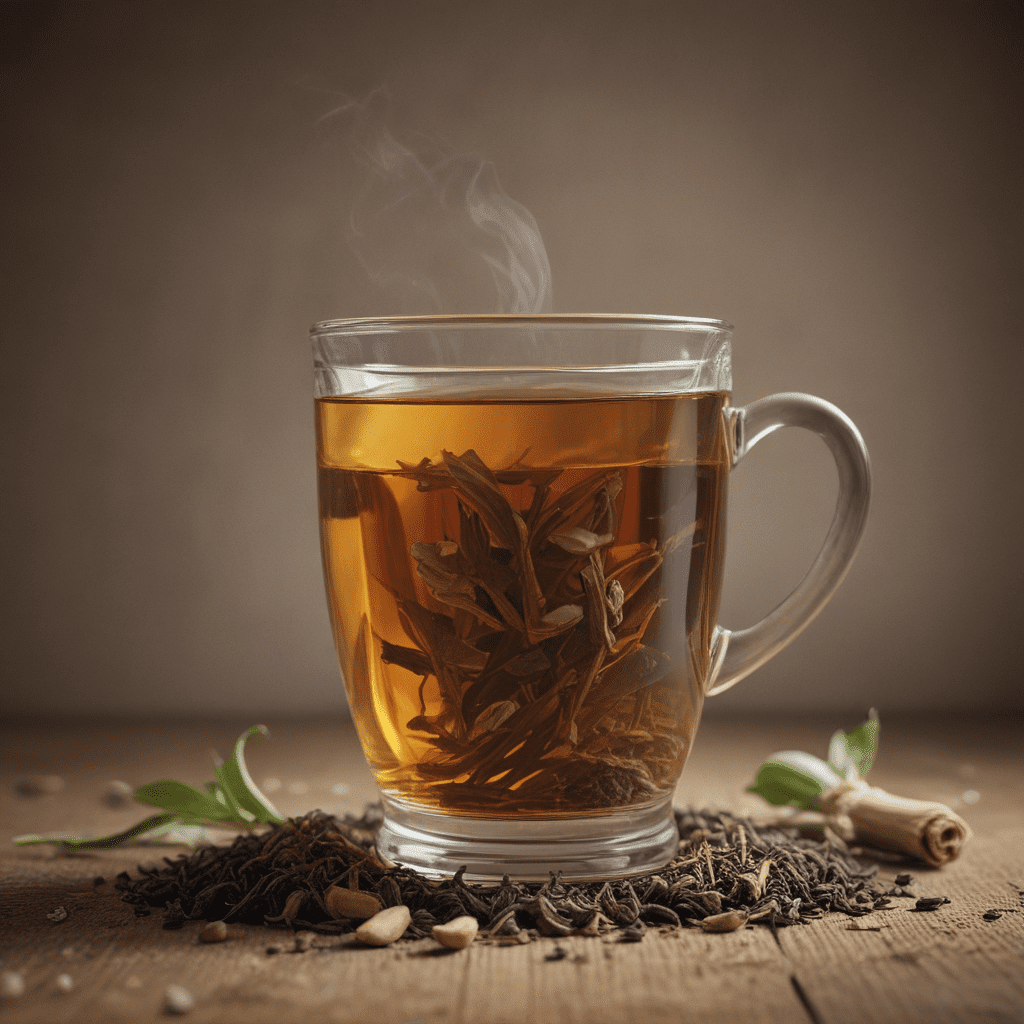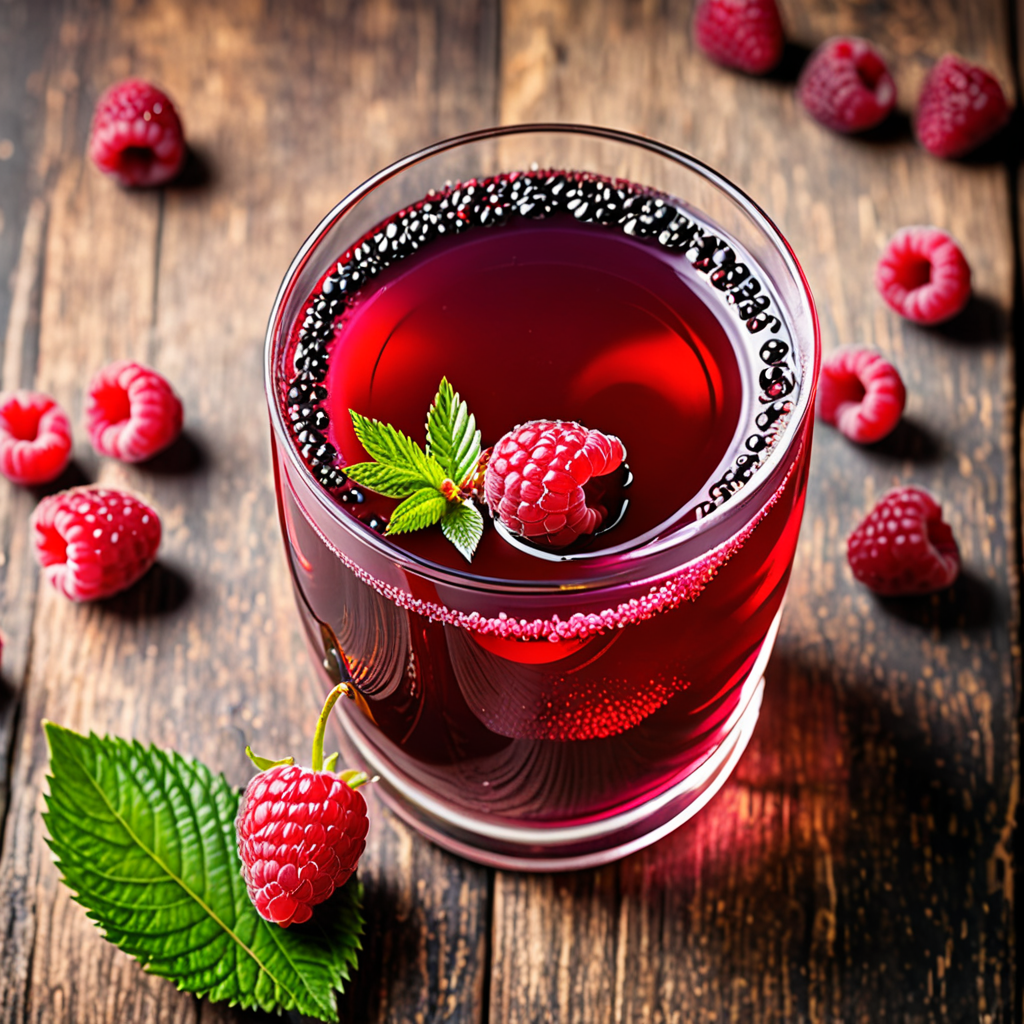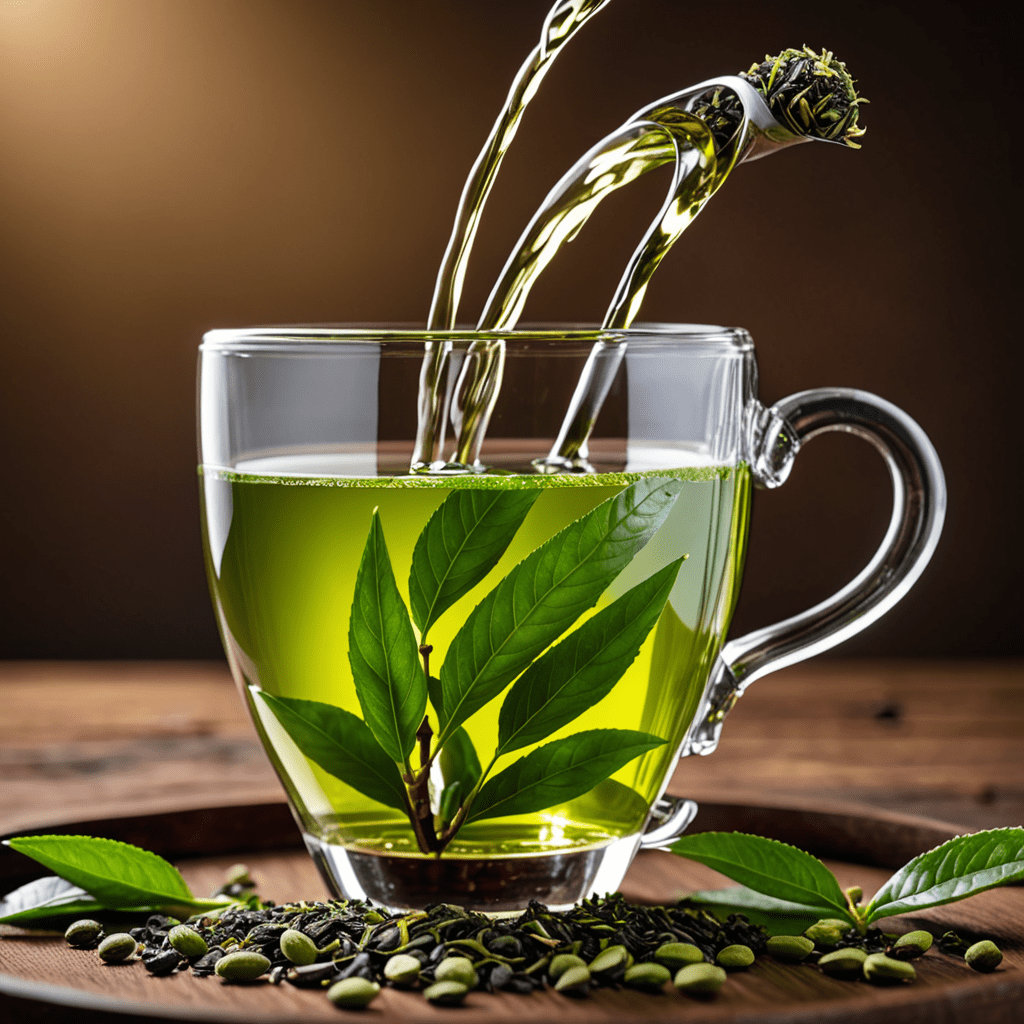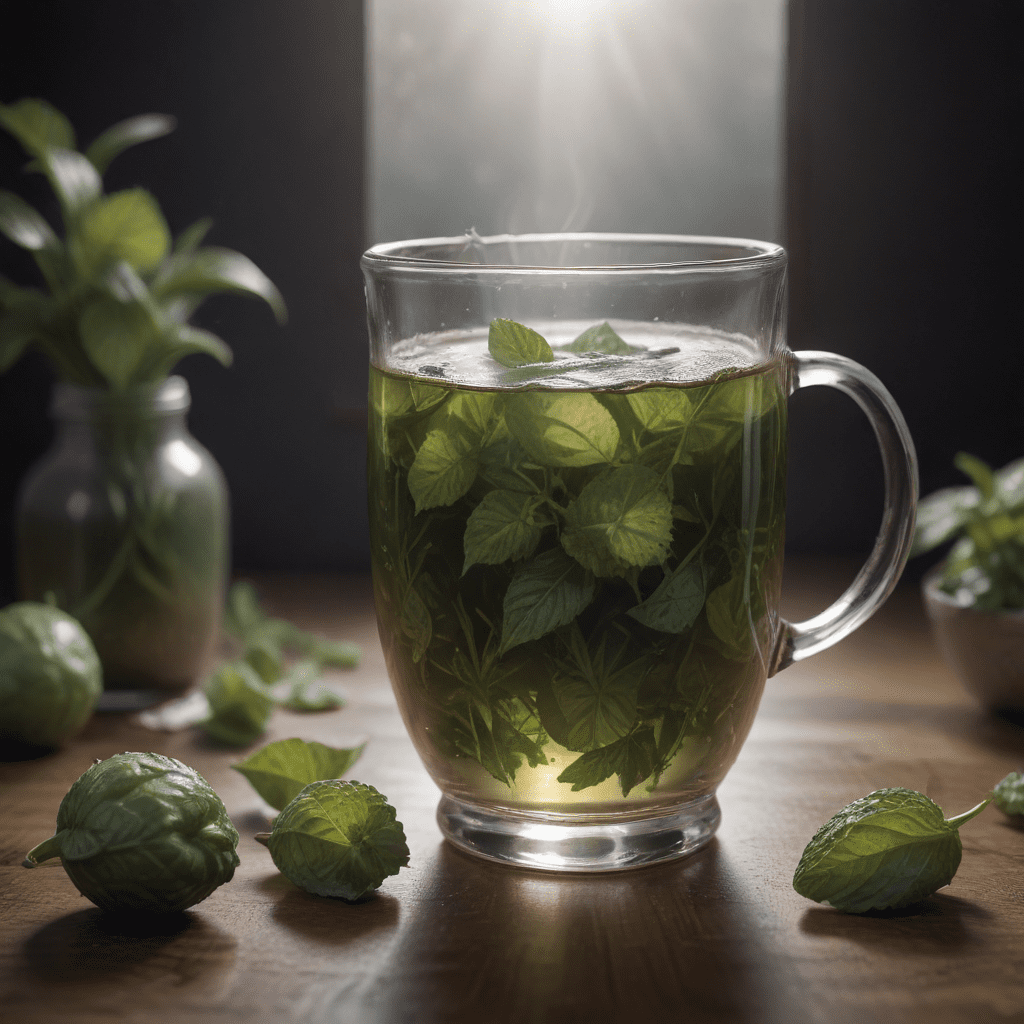Tea as Medicine: Traditional Chinese Herbal Remedies
1. Introduction
For centuries, tea has been an integral part of Traditional Chinese Medicine (TCM), playing a vital role in maintaining health and well-being. TCM practitioners believe that tea possesses medicinal properties that can help balance the body's energies and treat a wide range of ailments. Tea is not just a beverage but a powerful therapeutic tool with a rich history and profound significance.
2. Basic Principles of TCM
TCM views the body as a microcosm of the universe, governed by the principles of yin and yang. Yin represents cold, dampness, and passivity, while yang represents warmth, dryness, and activity. Health is achieved when yin and yang are in harmony. Medicinal teas are used to restore this balance when imbalances arise. For example, cold-dispelling teas are used to treat conditions associated with yin excess, such as colds and flu, while blood-nourishing teas are used to address conditions related to yang deficiency, such as anemia.
3. Categories of Medicinal Teas
Medicinal teas in TCM are broadly classified into three main categories based on their primary function:
- Cold-dispelling teas warm the body, dispel cold and dampness, and promote sweating. Common herbs used in these teas include ginger, cinnamon, and peppermint.
- Blood-nourishing teas replenish blood and qi (vital energy), improve circulation, and strengthen the immune system. Typical herbs used in these teas are red dates, goji berries, and longan.
- Qi-invigorating teas stimulate the flow of qi throughout the body, improving digestion, circulation, and overall well-being. Common herbs used in these teas include ginseng, astragalus, and schisandra.
6. Specific Remedies
Medicinal teas can be tailored to address specific ailments and conditions. Common cold and flu remedies include ginger tea to dispel 寒气 (cold qi), chrysanthemum tea to clear heat, and elderflower tea to promote sweating. For headaches, peppermint tea or willow bark tea can provide pain relief. Teas can also be used to manage chronic conditions such as diabetes (e.g., cinnamon tea, bitter melon tea) and hypertension (e.g., hawthorn berry tea, hibiscus tea).
7. Contraindications and Precautions
While medicinal teas are generally safe, certain herbs may have contraindications or interact with medications. For example, ginseng should be avoided by individuals with high blood pressure or insomnia, and licorice root should not be consumed in excess as it can elevate blood pressure. It's essential to consult a qualified TCM practitioner or healthcare professional before using medicinal teas, especially if you have any underlying health conditions or are taking medications.
8. Combining Teas for Synergistic Effects
TCM practitioners often combine different herbs in teas to achieve synergistic effects. For instance, combining ginger and licorice root can enhance anti-nausea properties, while adding goji berries to chrysanthemum tea can improve eyesight and reduce fatigue. Understanding the principles of herbal synergy allows individuals to create customized blends tailored to their specific needs.
9. Evidence-Based Research
Modern scientific research is increasingly supporting the health benefits of medicinal teas. Studies have shown that green tea catechins possess antioxidant and anti-inflammatory properties, ginger can alleviate nausea and pain, and chamomile has calming and sleep-promoting effects. Integrating traditional knowledge with evidence-based research helps validate the efficacy of medicinal teas.
10. Conclusion
Medicinal teas are a rich and valuable component of TCM, offering a natural approach to maintaining health and well-being. They can address a wide range of ailments, promote overall health, and provide synergistic benefits when combined wisely. Consulting with a qualified practitioner is advisable for personalized guidance, ensuring safe and effective use of these powerful herbal remedies. As research continues to delve into their medicinal properties, medicinal teas will continue to play a significant role in integrative and holistic approaches to health.
FAQs:
1. Can I drink medicinal teas daily?
It's best to consult a healthcare professional for personalized advice. Some teas are suitable for daily consumption, while others may be recommended in cycles or for specific durations.
2. Can medicinal teas replace prescription medications?
Medicinal teas should not replace prescribed medications without consulting a doctor. They can complement traditional treatments and provide additional support.
3. How long does it take to see results from medicinal teas?
Results vary based on the type of tea, condition, and individual response. Some teas provide immediate relief, while others may take time to accumulate therapeutic effects.
4. Are medicinal teas safe for children?
Certain medicinal teas may be suitable for children, but it's crucial to consult a pediatrician for appropriate recommendations and dosages.
5. Can medicinal teas interact with medications?
Yes, some medicinal herbs can interact with certain medications. Consult a healthcare professional or pharmacist to avoid potential adverse effects.



